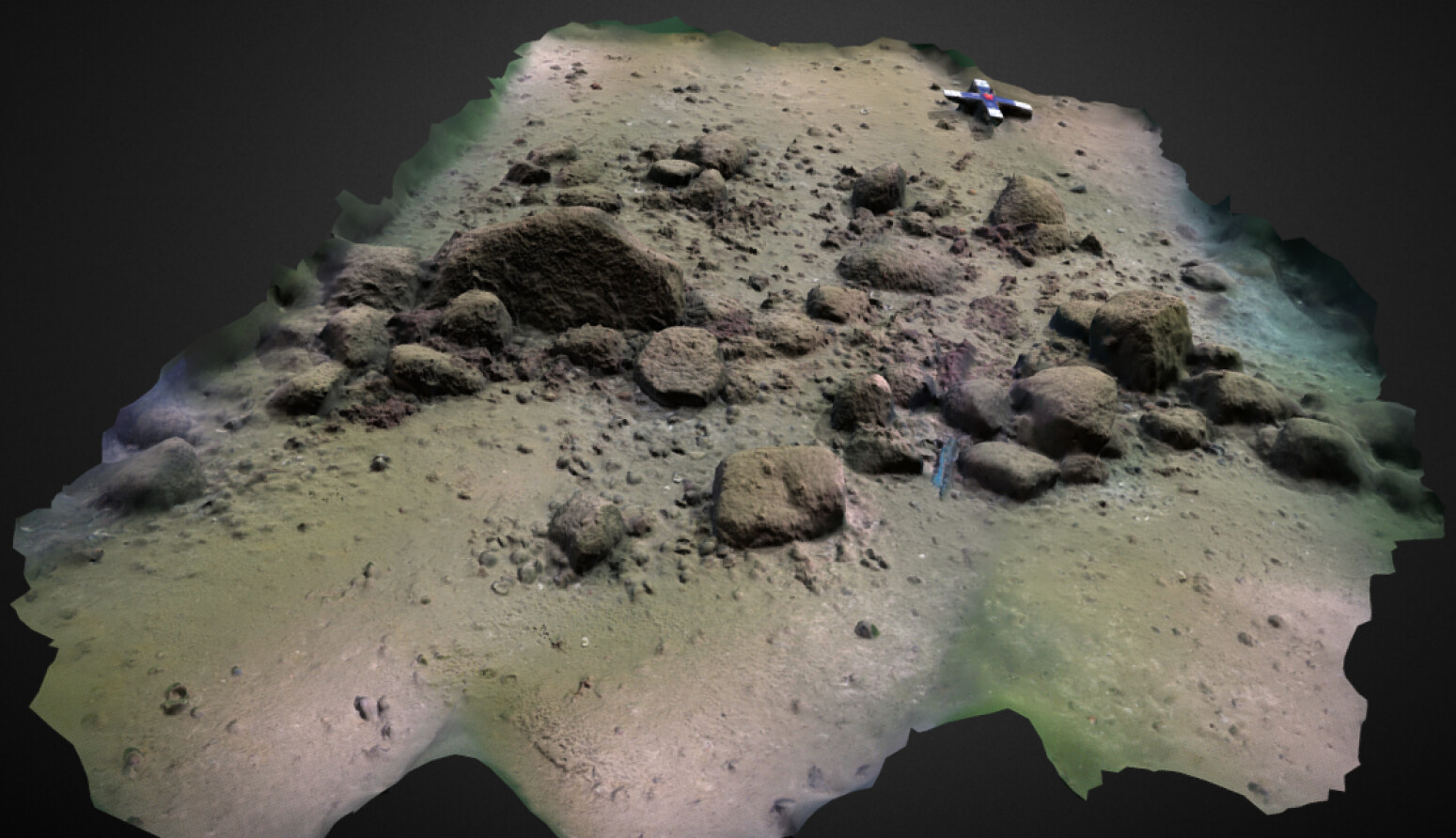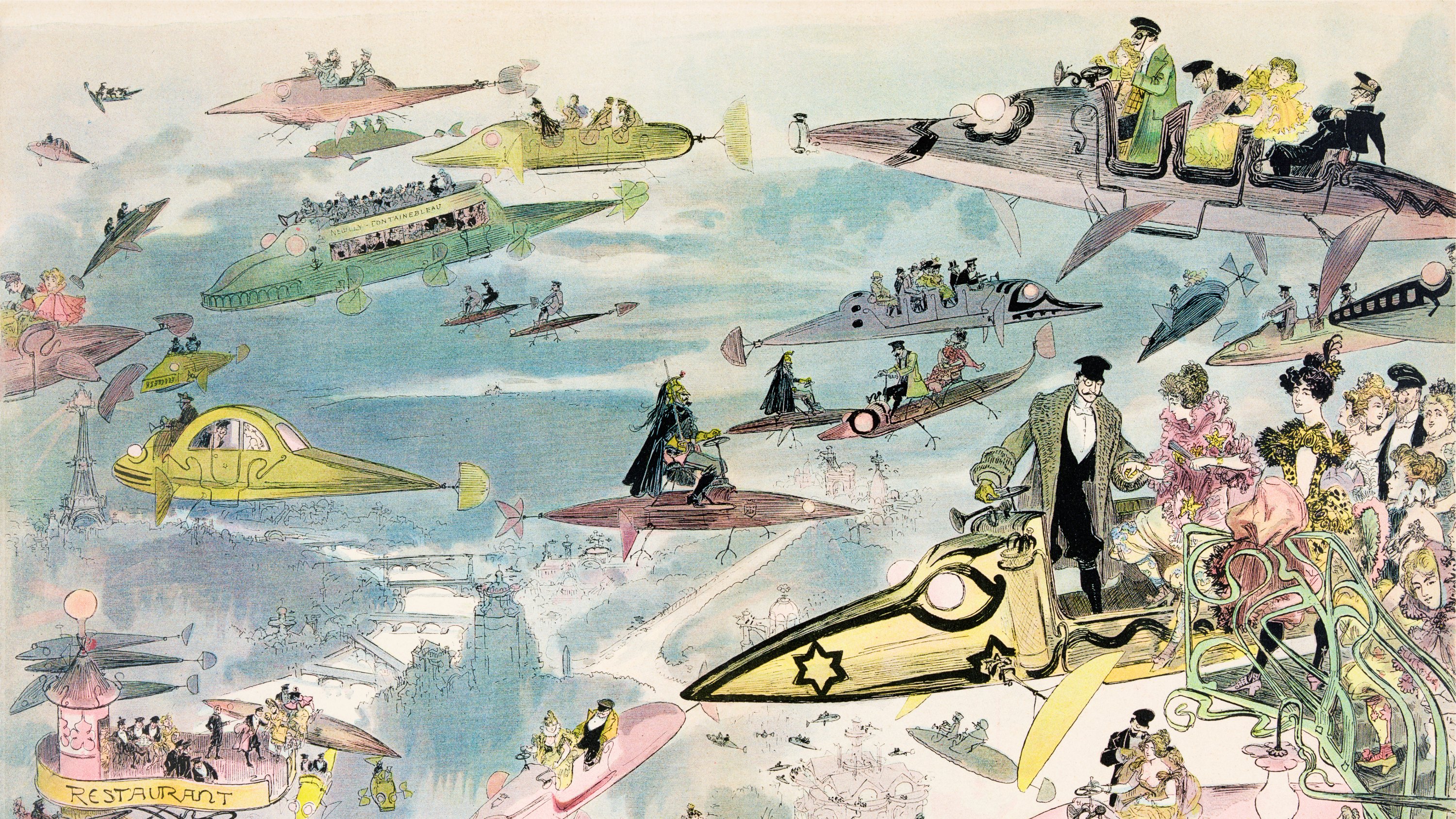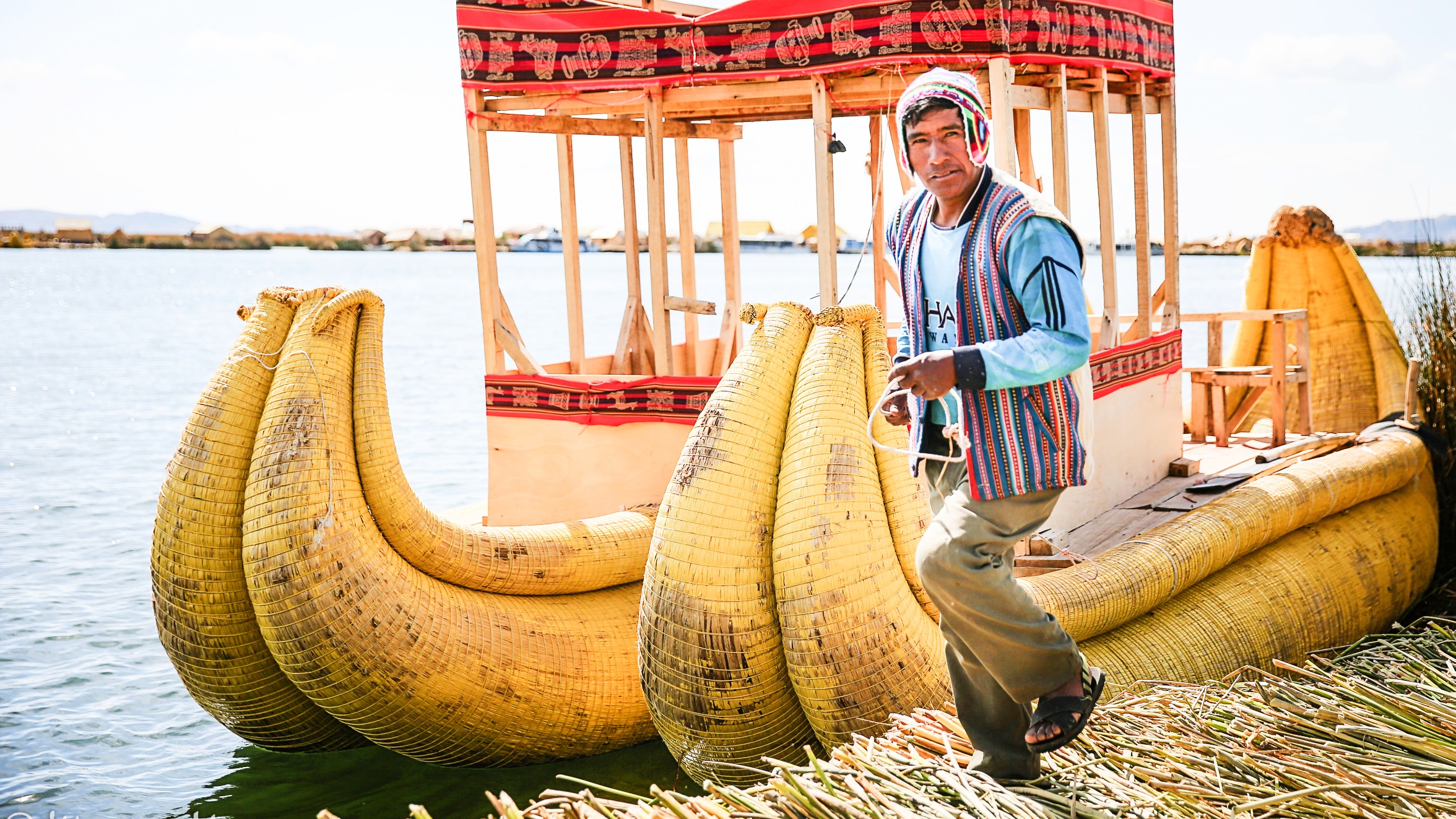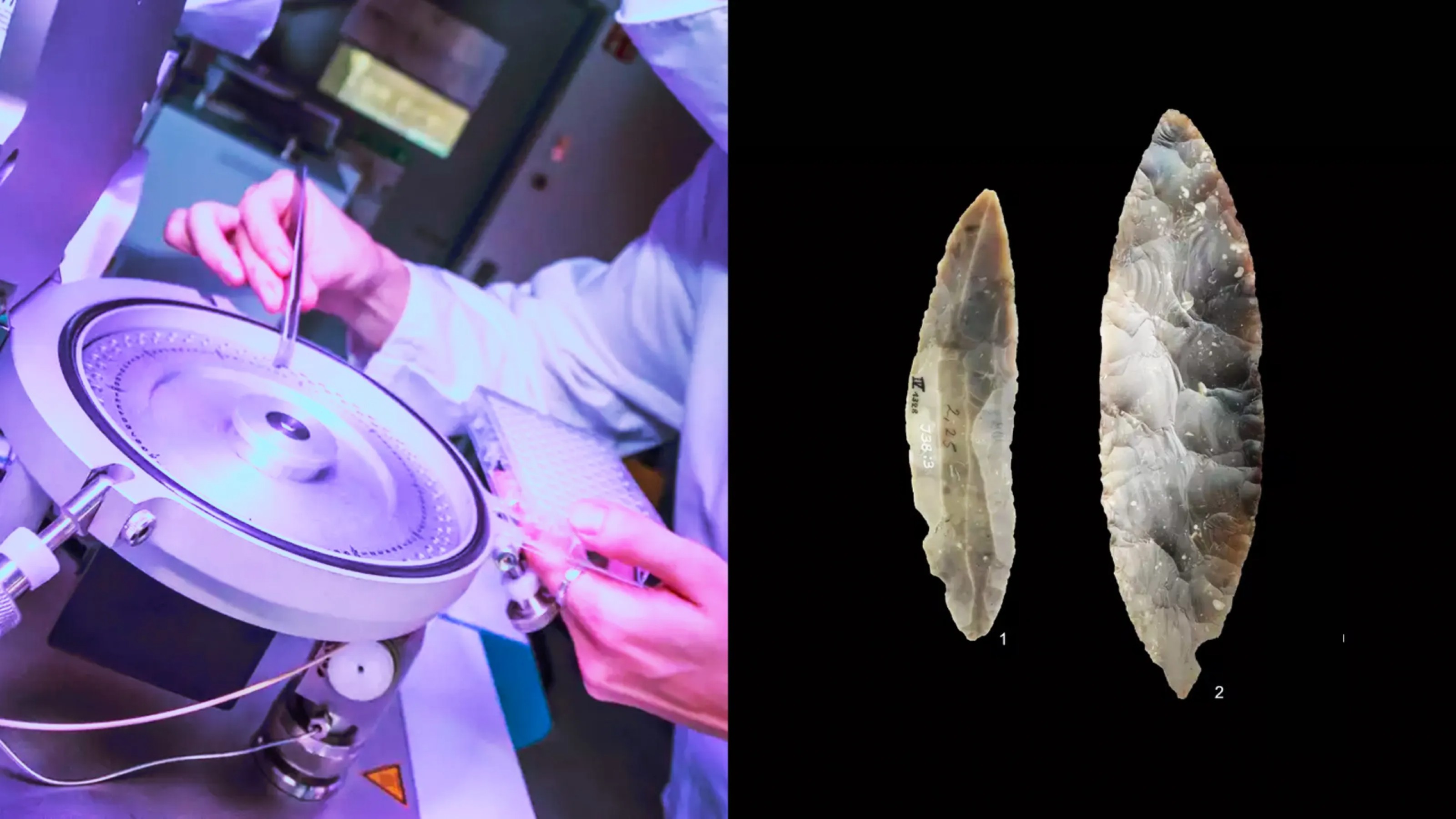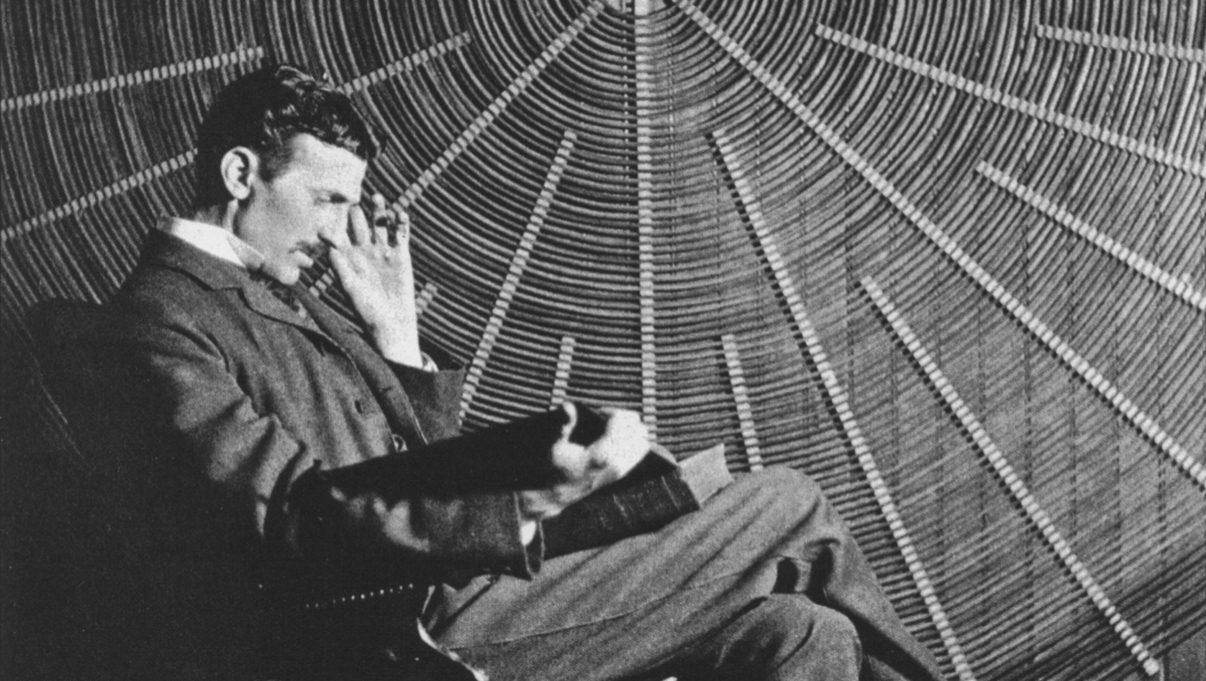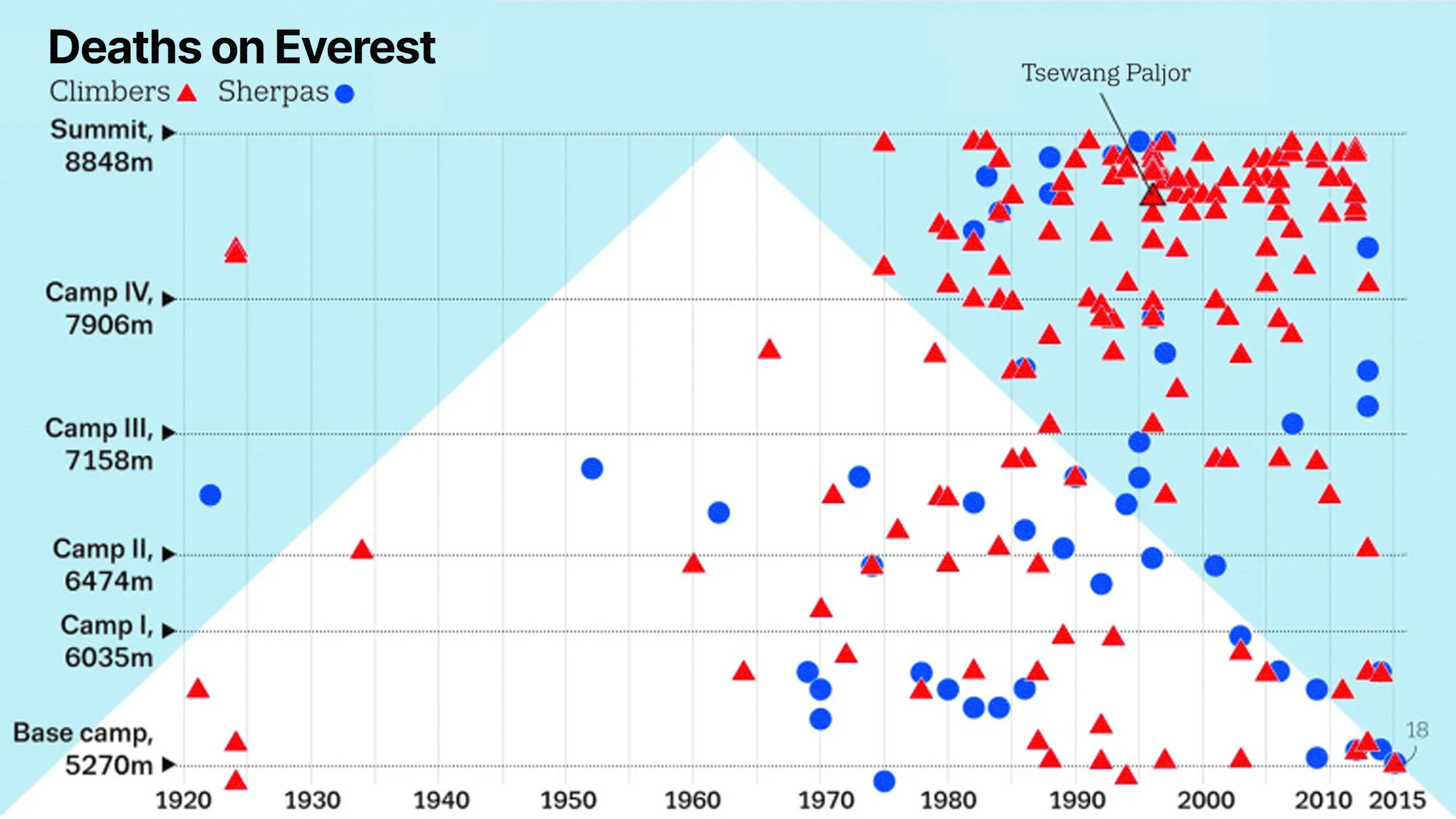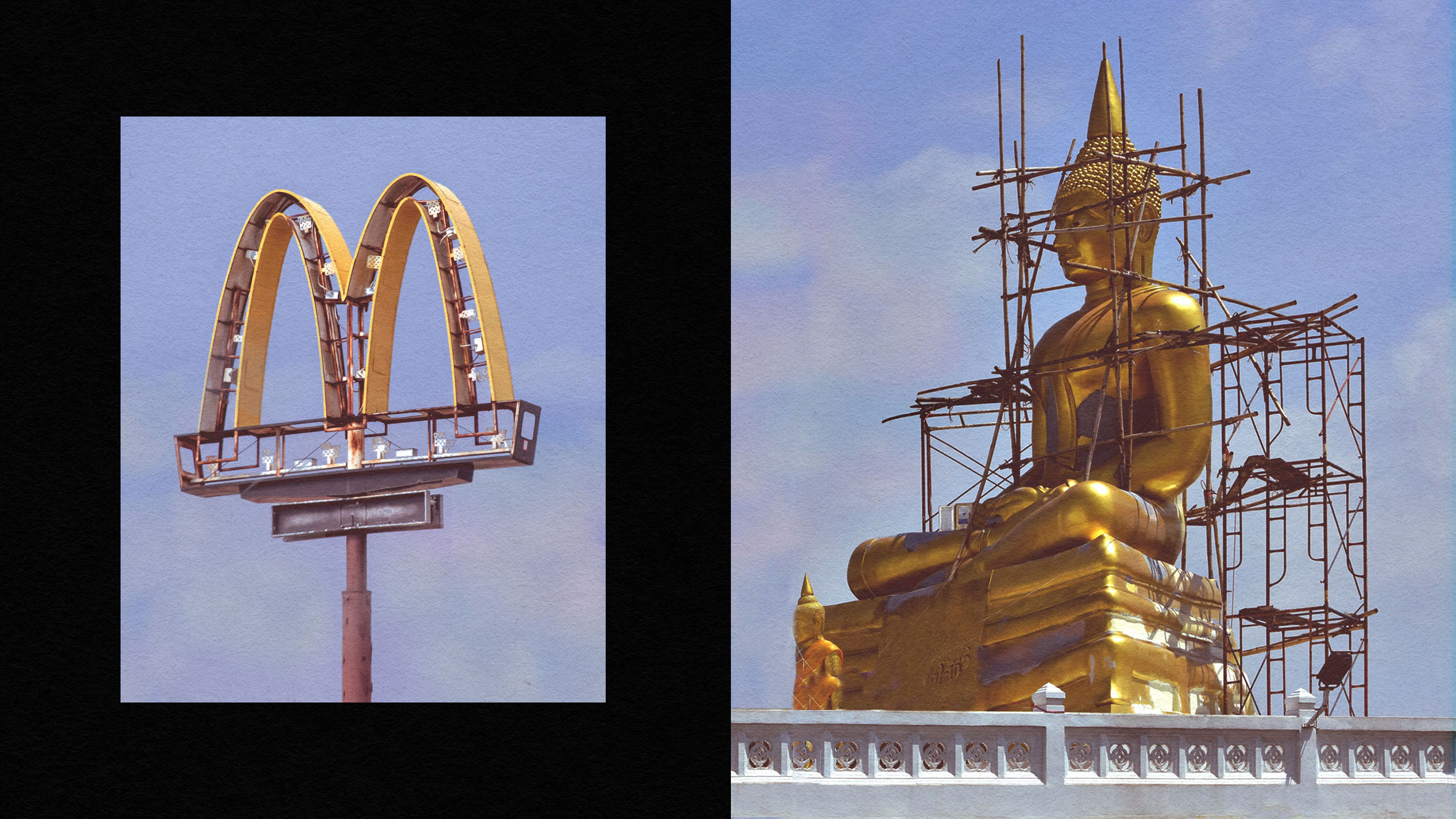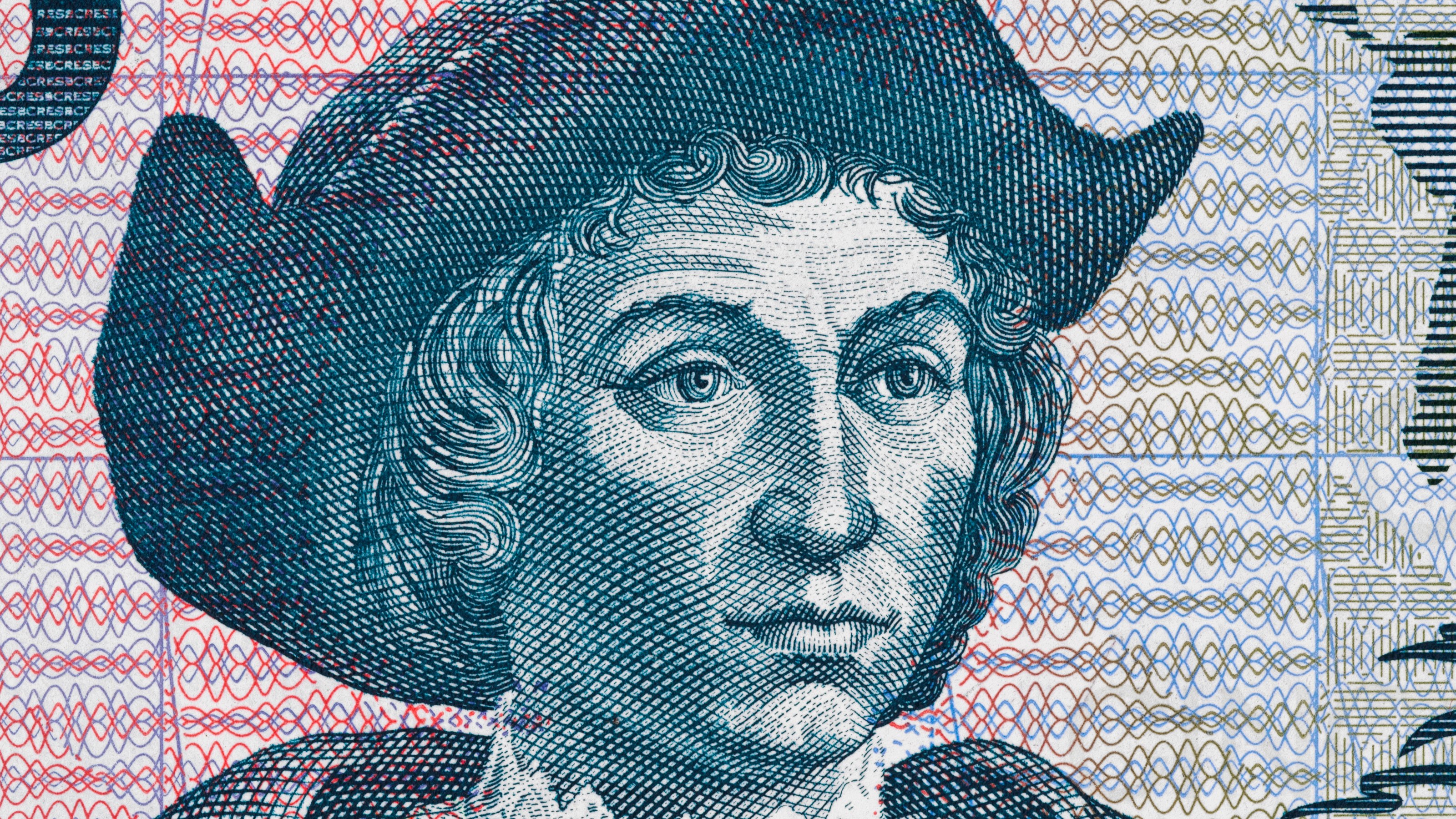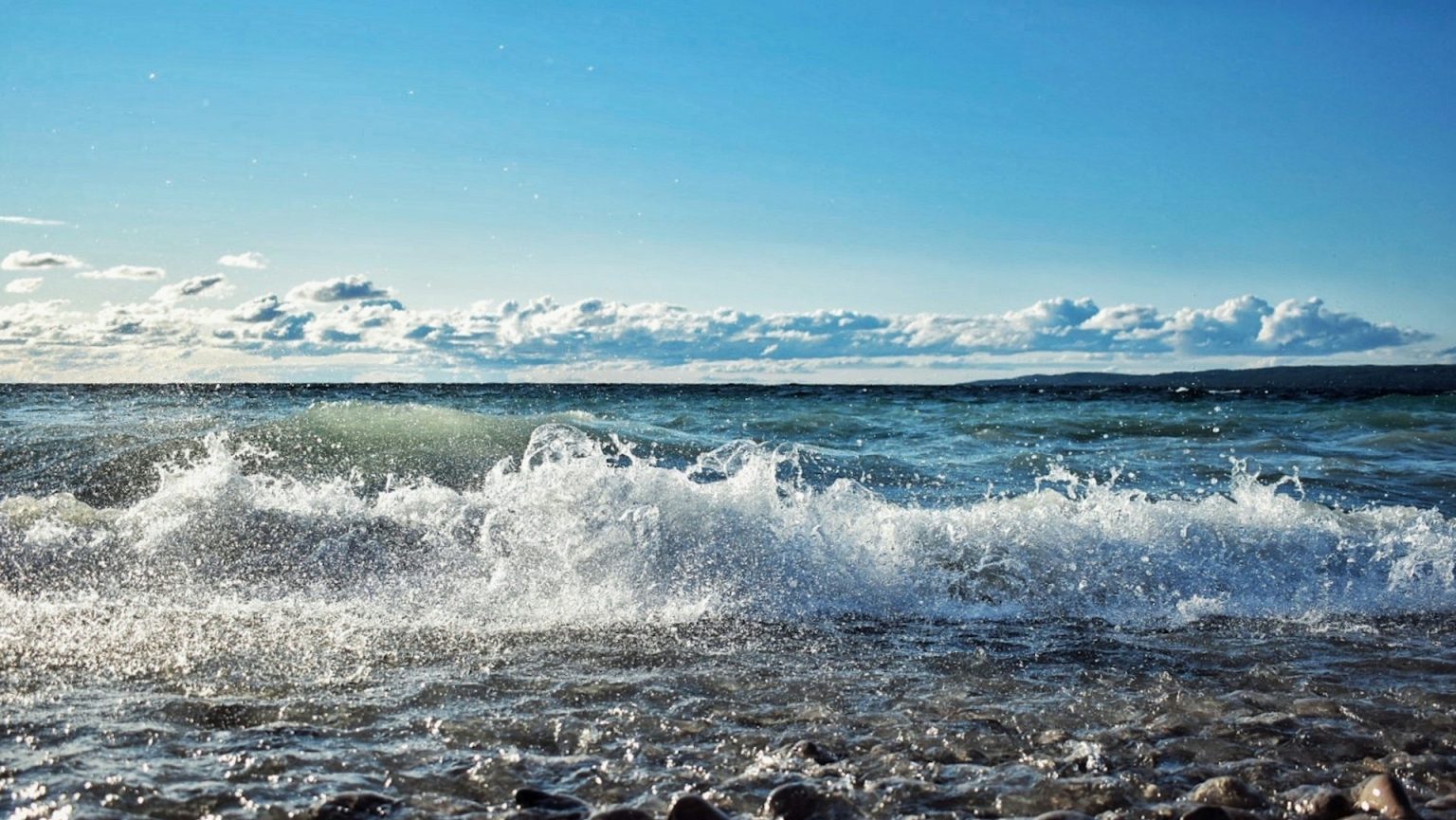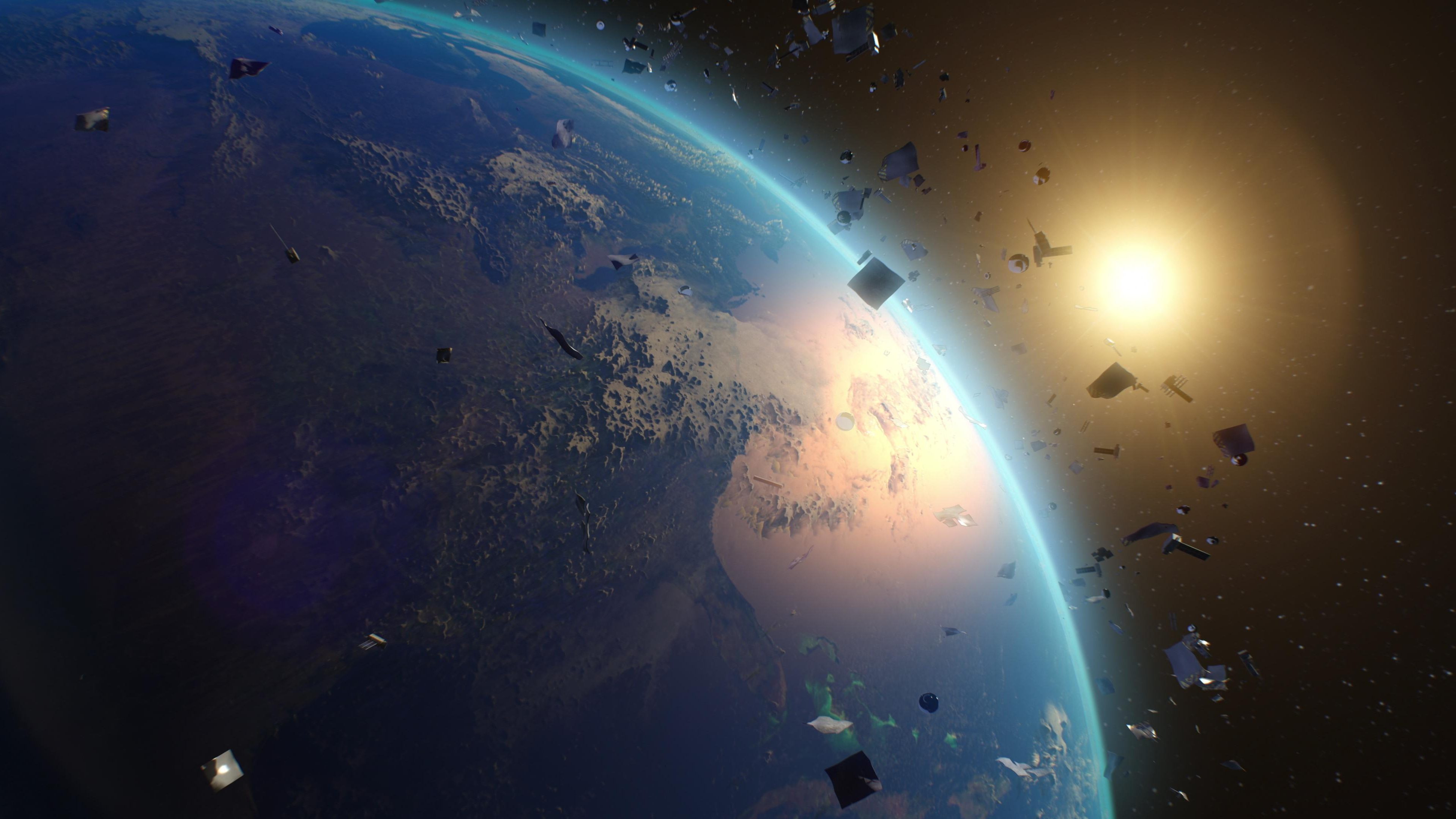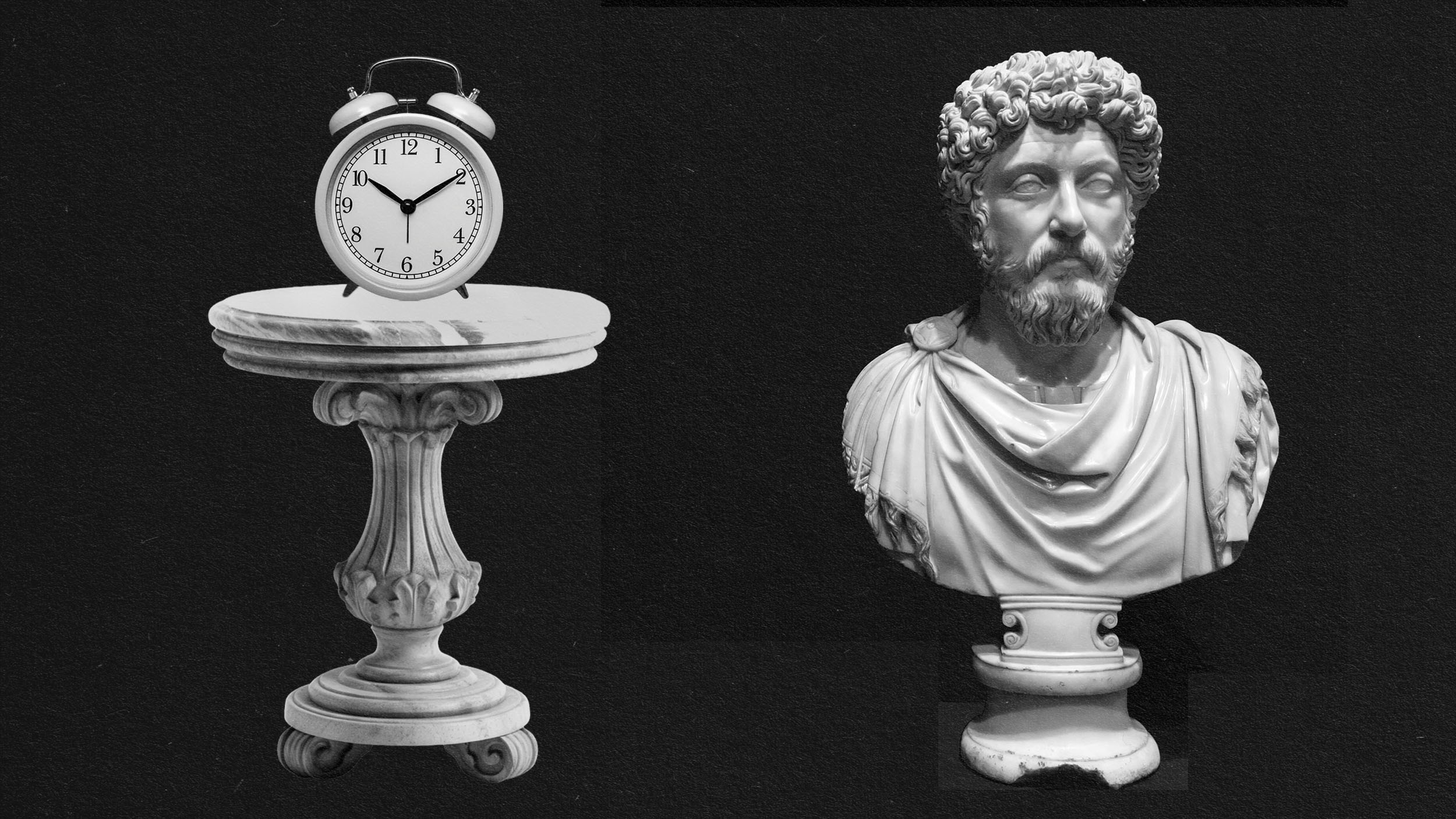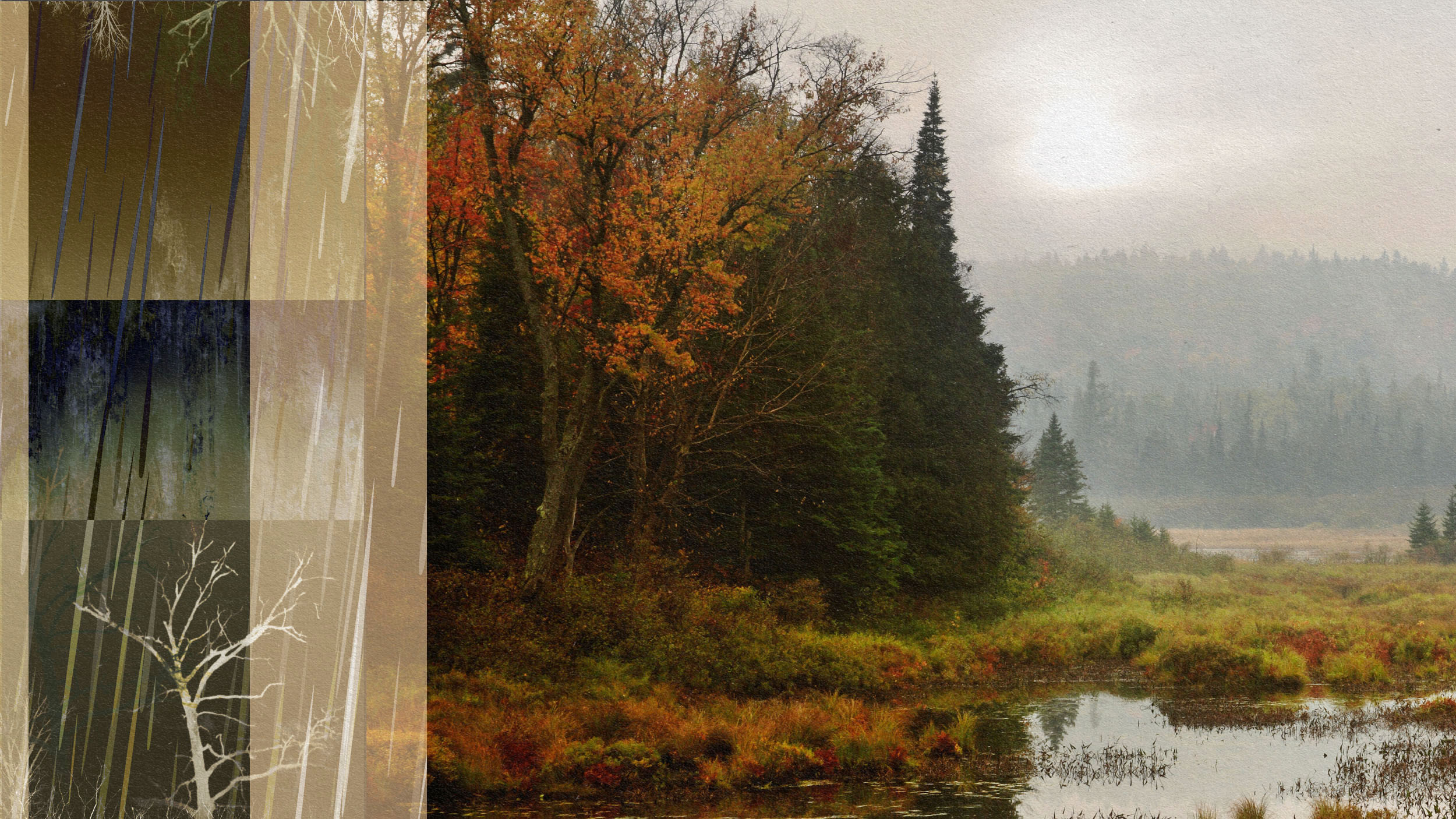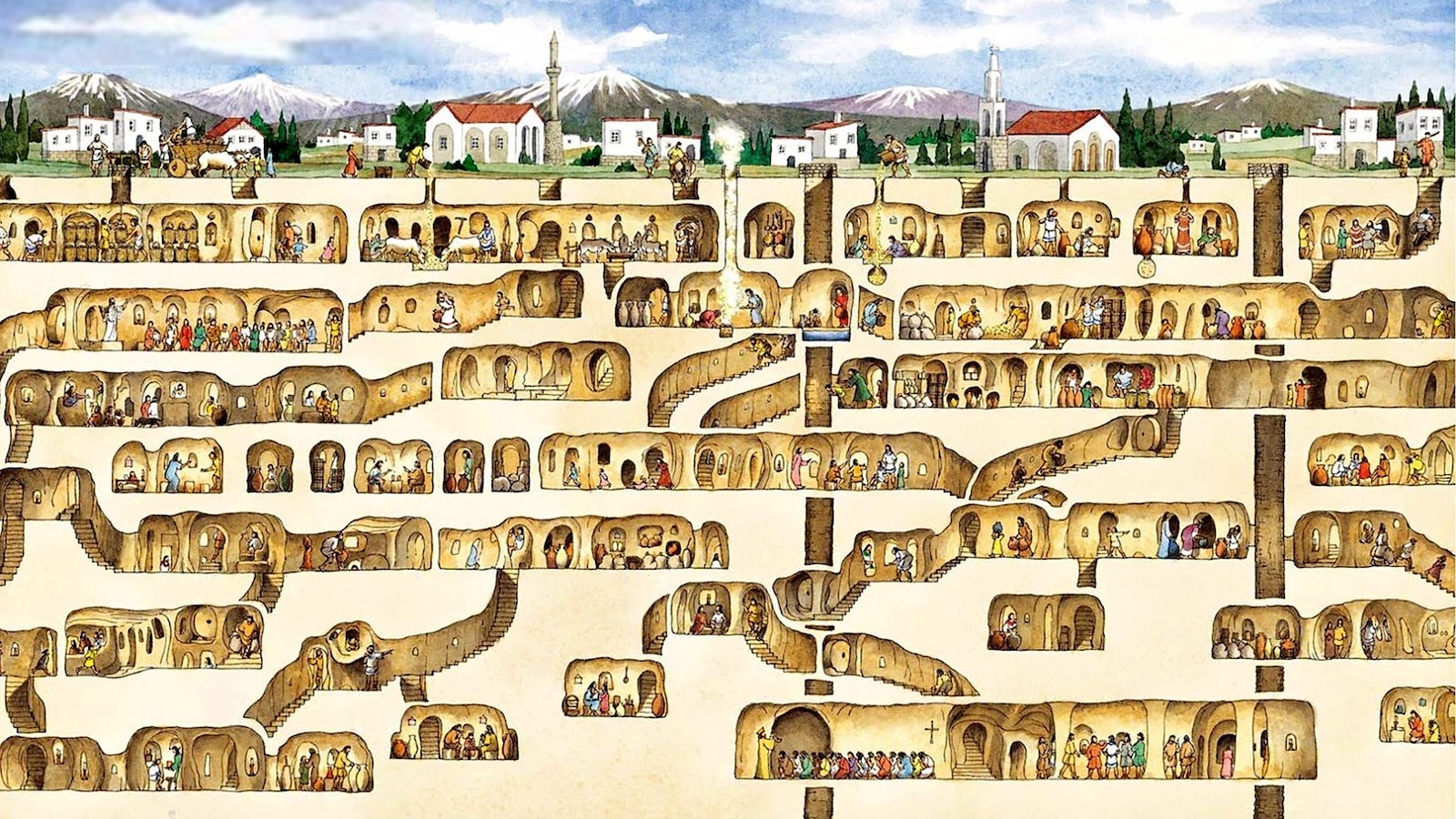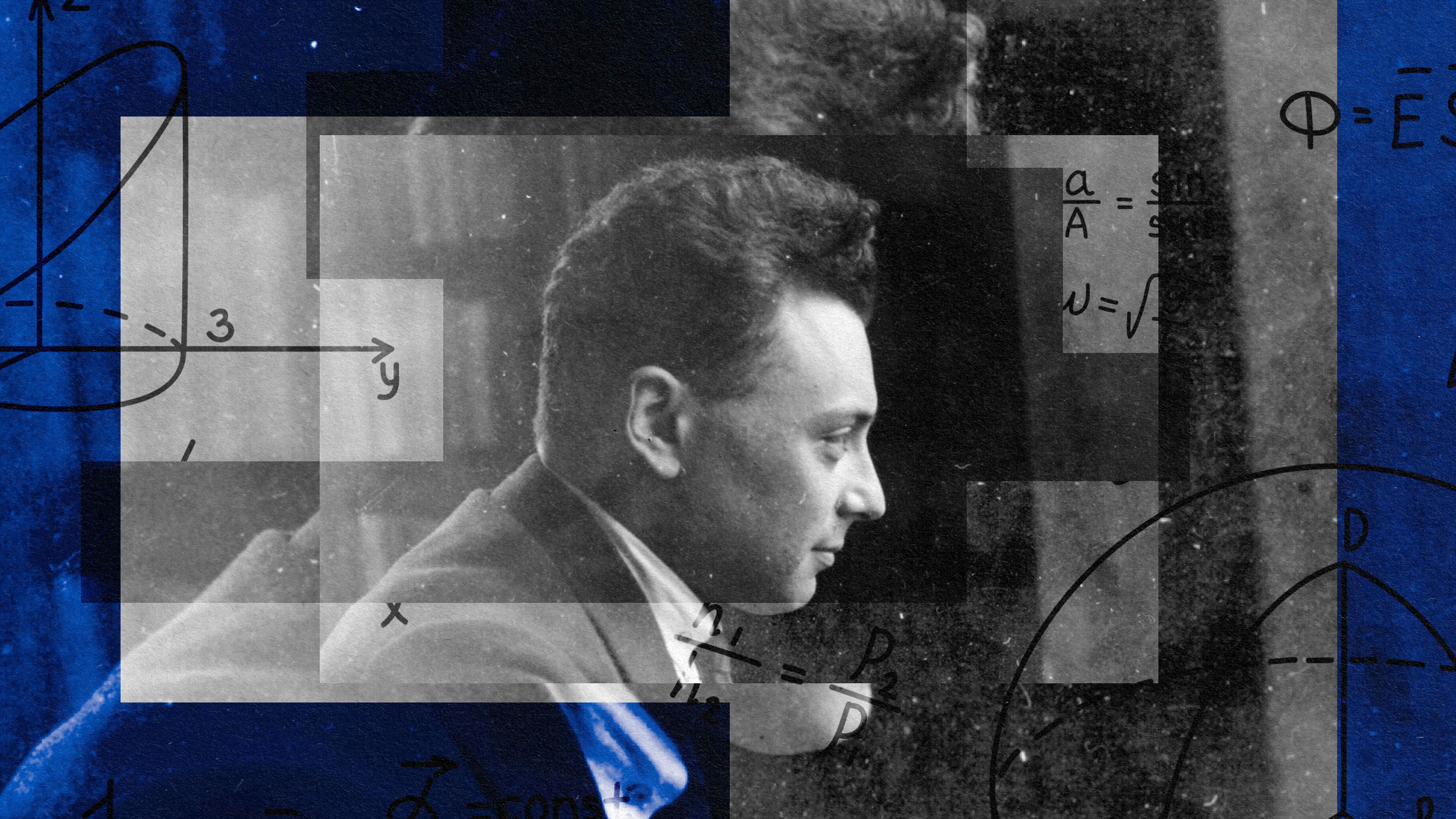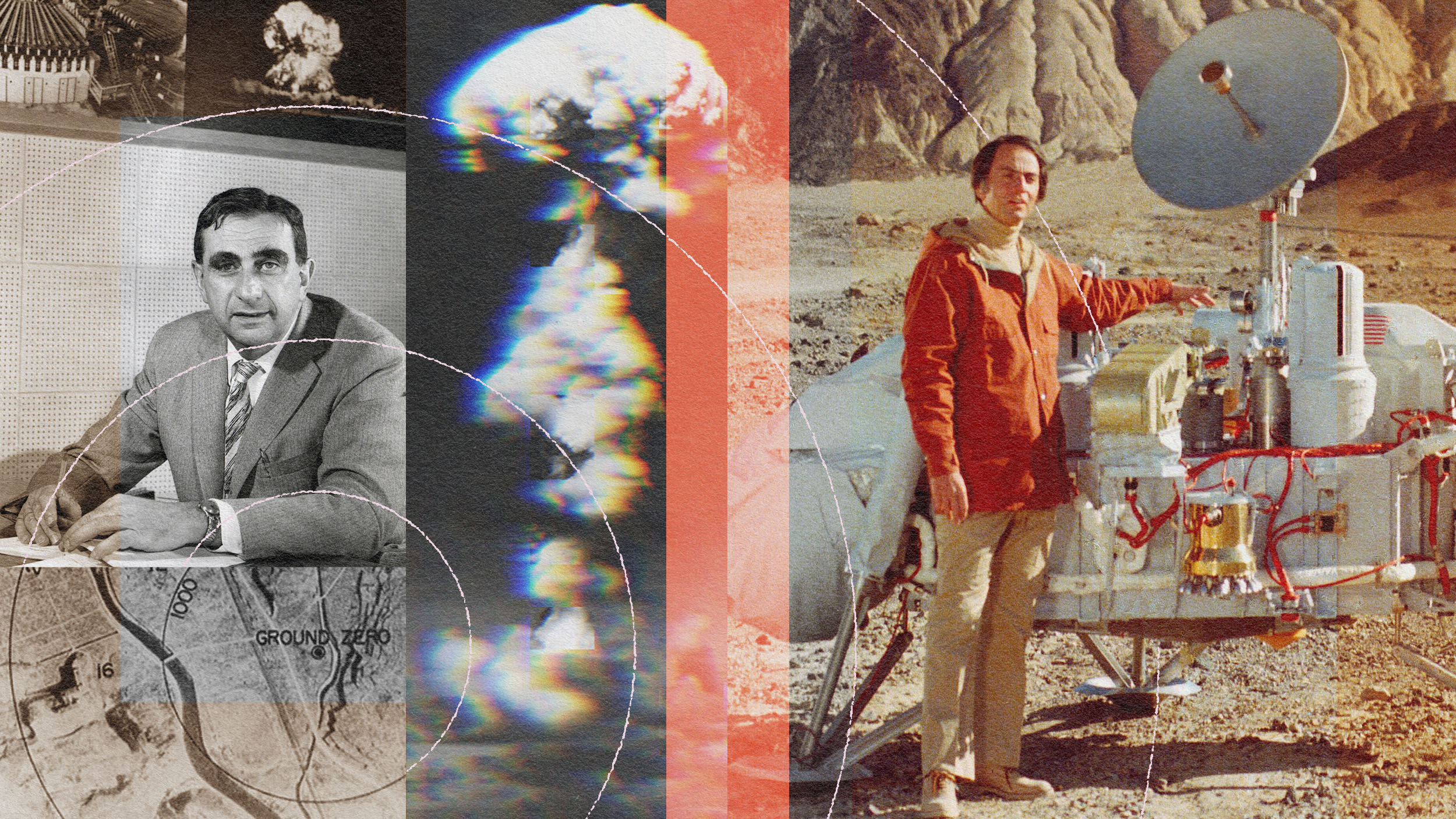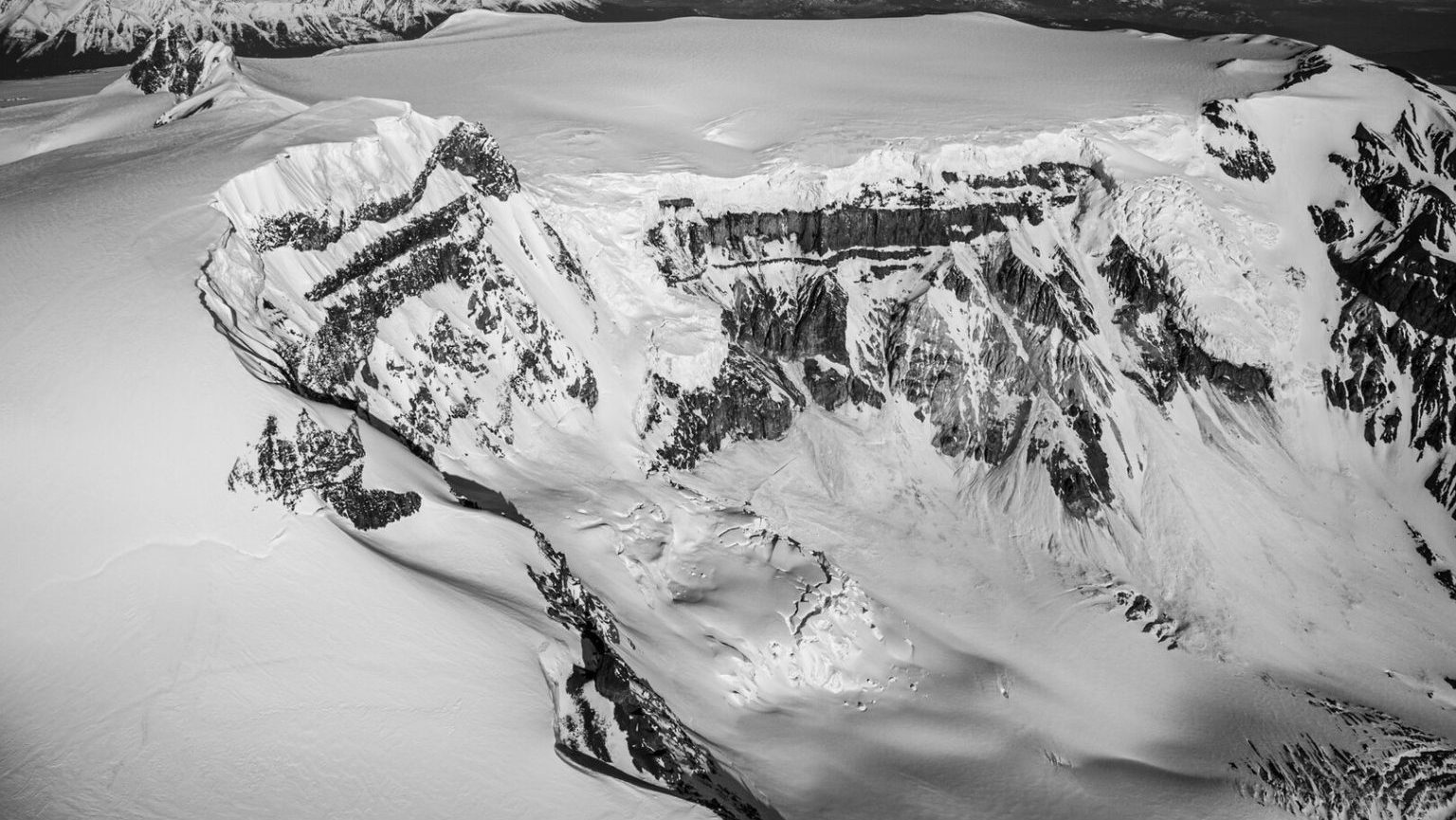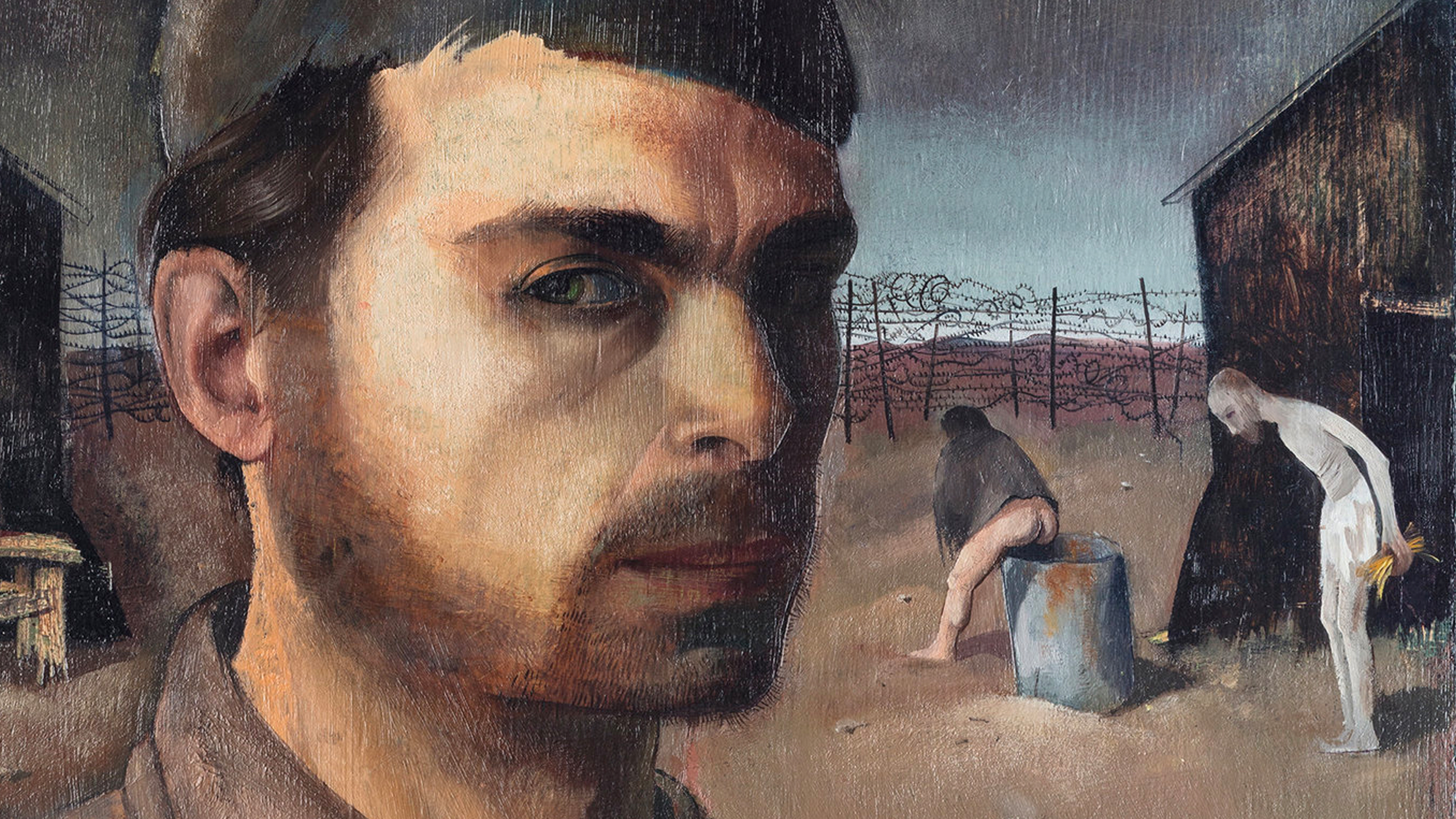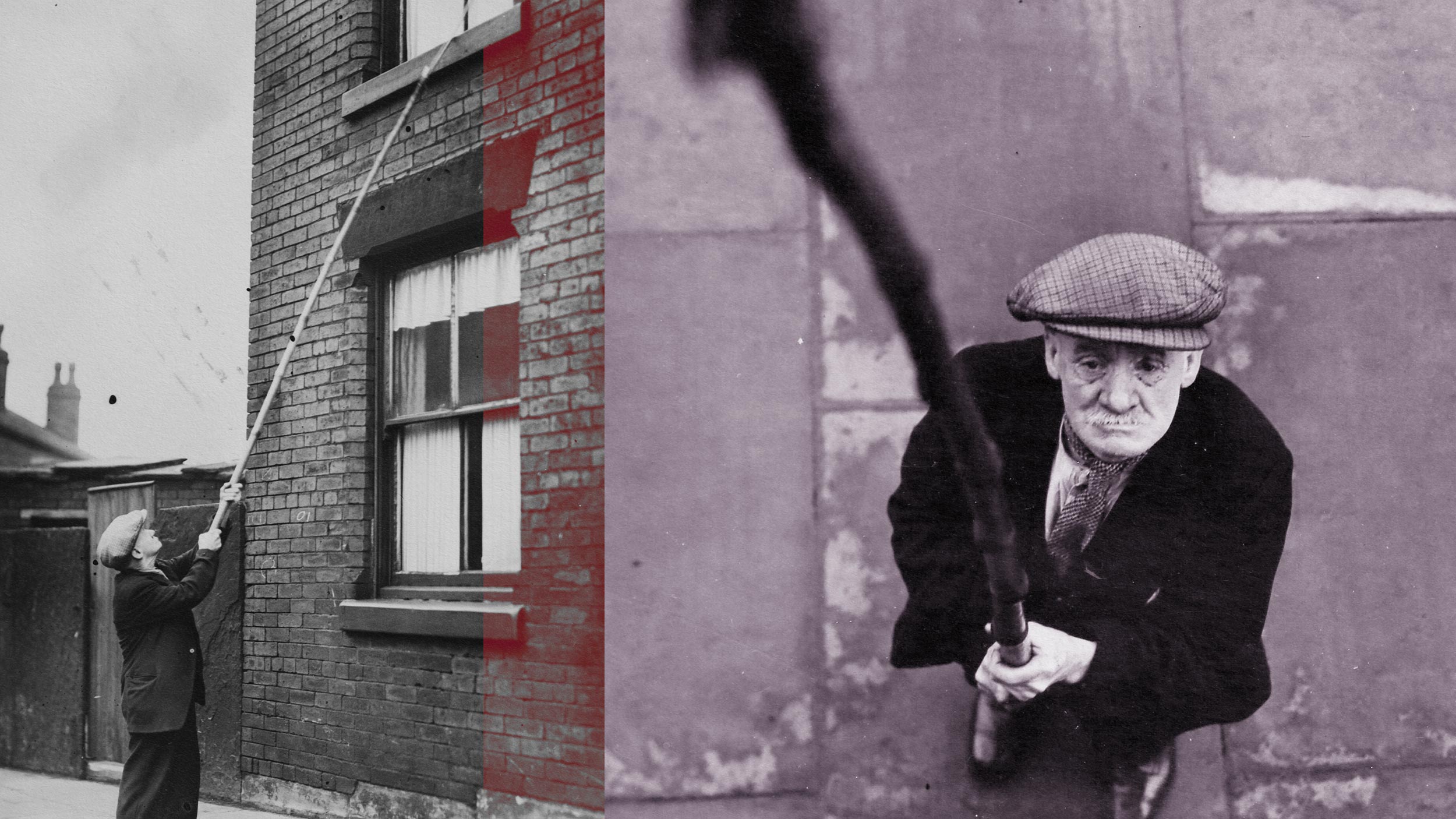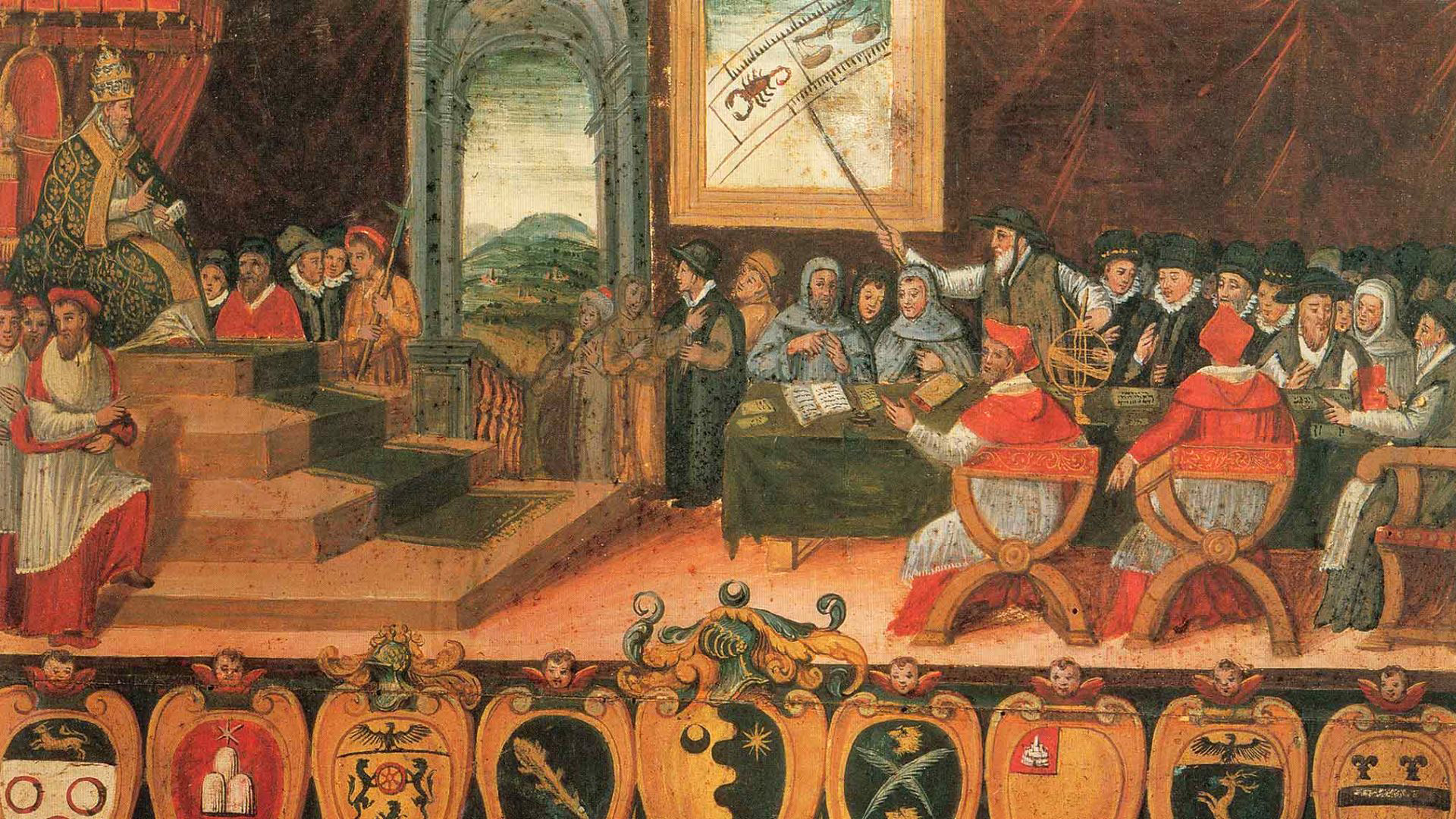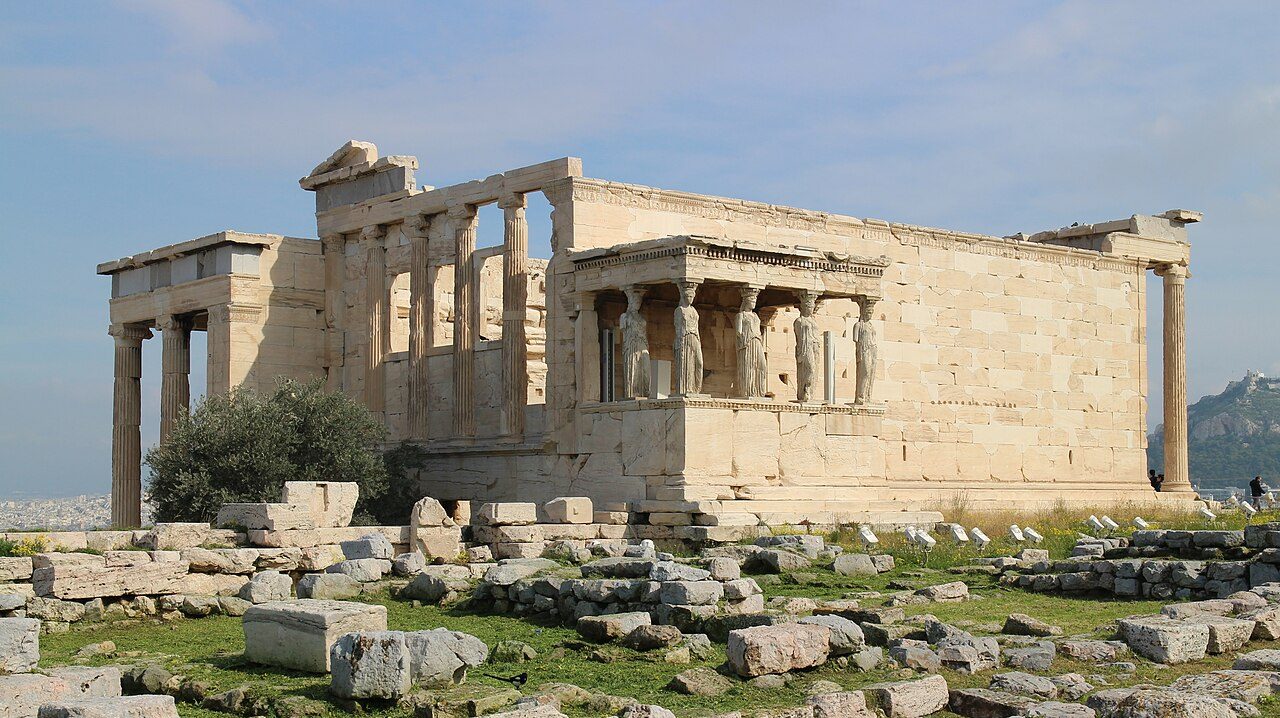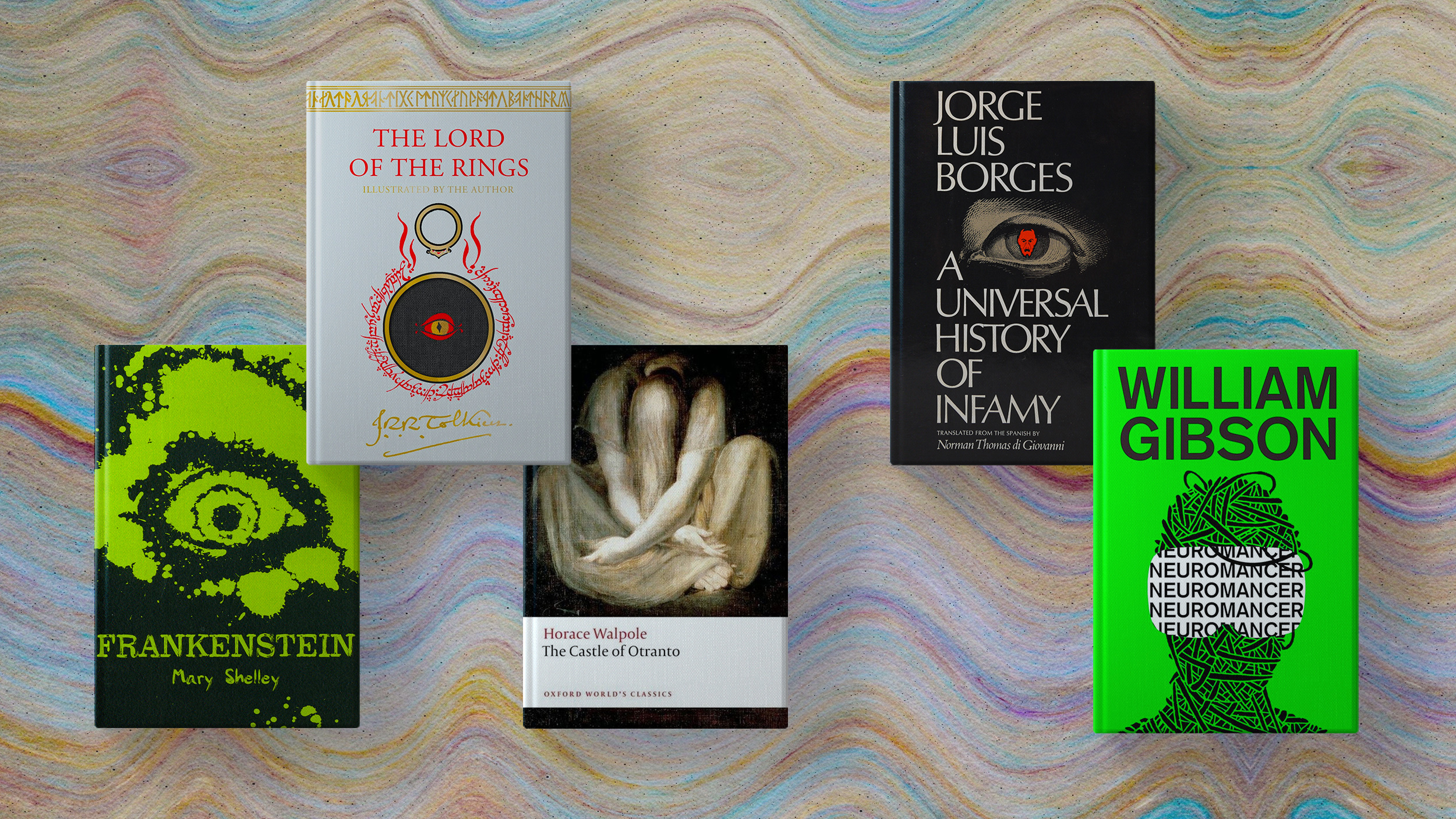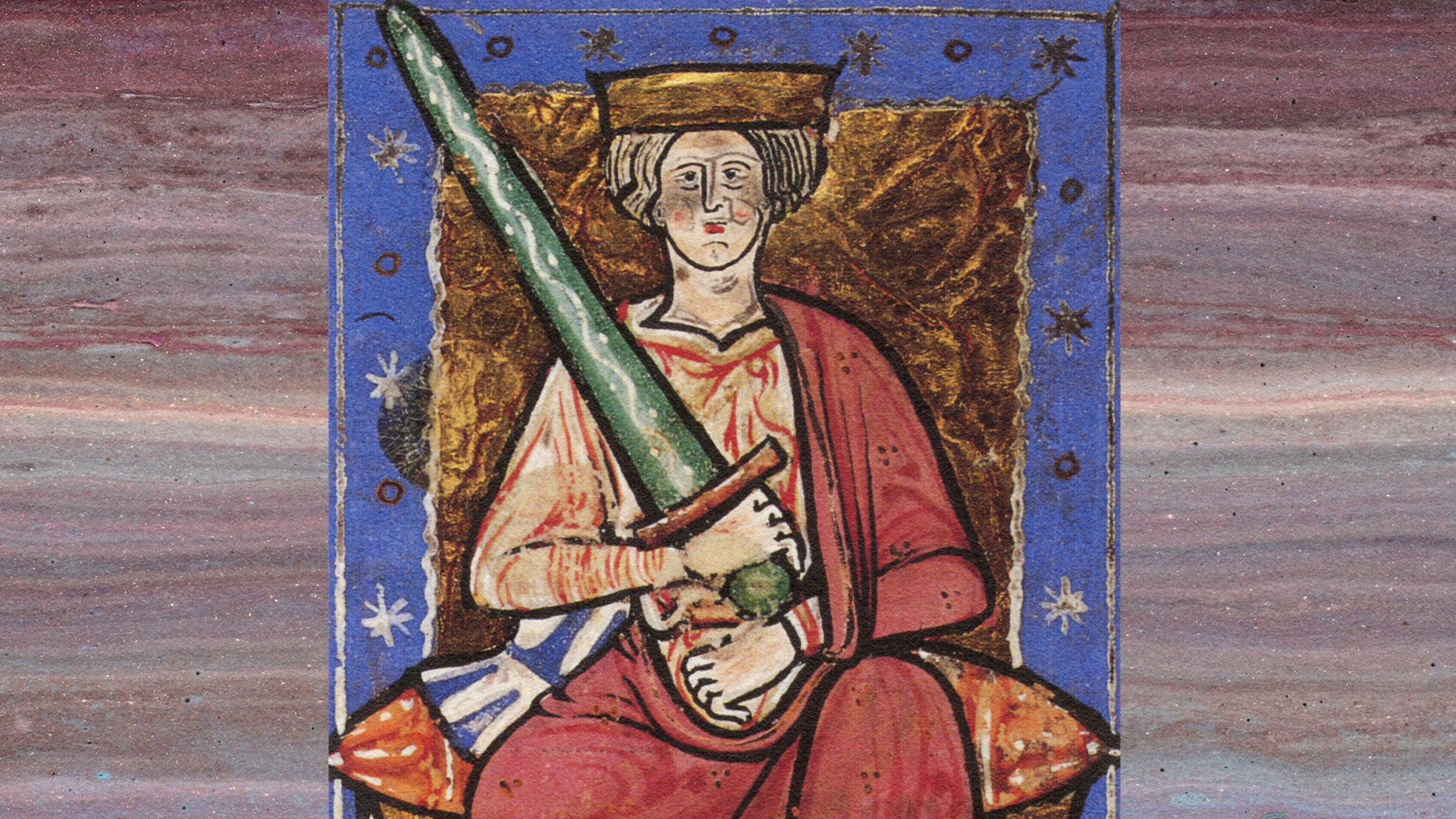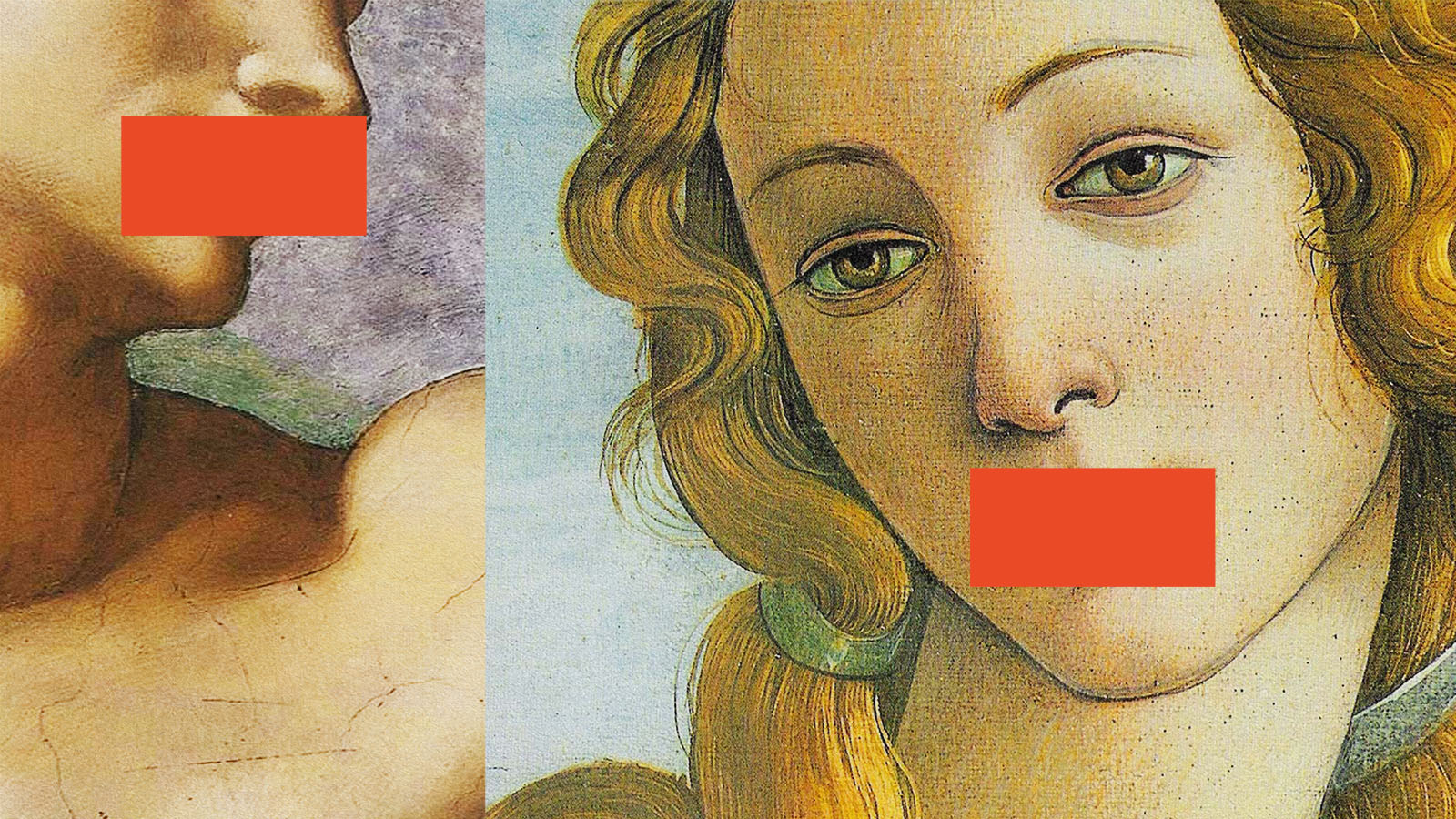history
Archaeologists have identified what may be Europe’s oldest human-made megastructure.
In revolutionary Russia, a group of forward-thinking philosophers offered an alternative to both futurism and communism.
The Uros of Lake Titicaca live on floating islands made from reeds. How did they get there?
The study suggests that human ancestors expanded across Europe faster than previously thought.
Human civilization has always survived periods of change. Will our rapidly evolving technological era be an exception to the rule?
Five times in U.S. history, American presidential candidates have ascended to leadership despite lacking the popular vote. Here’s how.
“She understood me and I understood her. I loved that pigeon.”
The world’s highest mountain is also the world’s highest cemetery, with some bodies serving as creepy landmarks for today’s climbers.
Adrie Kusserow, an anthropologist and scholar of Buddhism, shares how her study of the religion and its history has reshaped her view of the world — and herself.
New DNA analyses raise questions over the theory that Christopher Columbus and his men brought syphilis to Europe.
Skilled hunters adapted to the changing landscape and left tantalizing clues to who they were.
Millennia ago, philosophers like Anaximander grasped that nature is the ultimate recycler.
Uncovering the story of Milan Hausner, the Sadská clinic, and LSD psychotherapy behind the Iron Curtain.
Archaeologist Bernard Frischer spent decades uploading the ruins of the Eternal City to the cloud. Here’s what it looks like.
Napoleon Bonaparte was a man of many faces. European historian Michael Broers explains which are featured on the silver screen and why.
With the invention of the leap year, the Julian calendar was used worldwide for over 1500 years. Over time, it led only to catastrophe.
Like many of us, the Roman emperor Marcus Aurelius hated waking up early, but his stoic philosophy always helped him get out of bed.
The ominous cloud of acid rain hasn’t vanished but rather drifted toward the developing world.
A basement renovation project led to the archaeological discovery of a lifetime: the Derinkuyu Underground City, which housed 20,000 people.
Wolfgang Pauli was a brilliant, well-liked physicist and a scathing critic of balderdash.
Teller and Sagan debated fiercely over nuclear proliferation. But was the conflict as personal as it was intellectual for Teller?
Along with obsidian that dazzled scientists in Canada.
Omer Bartov, who spent decades studying the unspeakable horrors of genocide, shares how his studies have impacted his own mental health.
Meet the people paid to rouse the workers of industrial Britain.
A sober look at a wild conspiracy theory that argues the Middle Ages never happened.
The Parthenon embodies the ideals of perfection Classical Greeks sought from architecture. The neighboring Erechtheion offers something else.
From “The Castle of Otranto” to “The Lord of the Rings” trilogy, these books changed the literary landscape.
From Æthelred the Unready to Halfdan the Bad Entertainer, these strange epithets colored the legacy of four rather unlucky historical figures.
Today, the F-word is enjoying a renaissance the likes of which it hasn’t seen since, well, the Renaissance.
